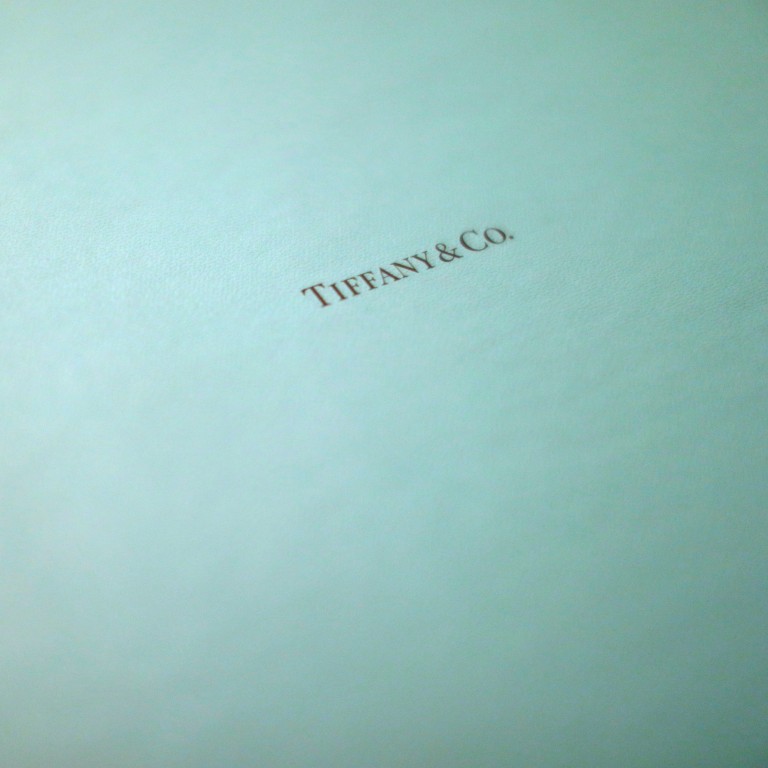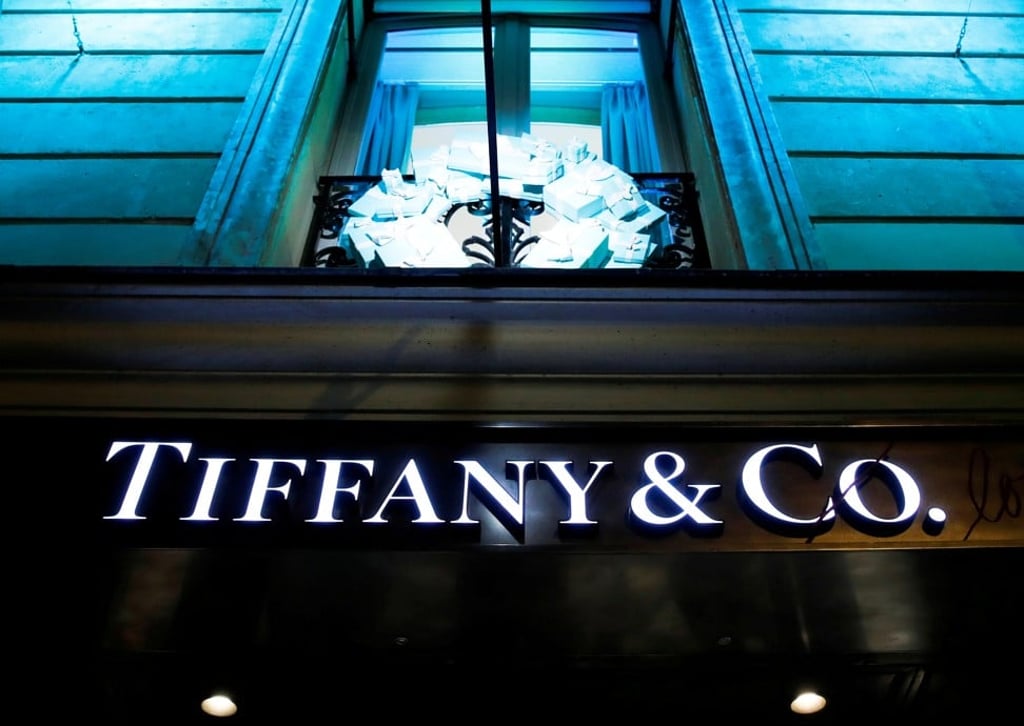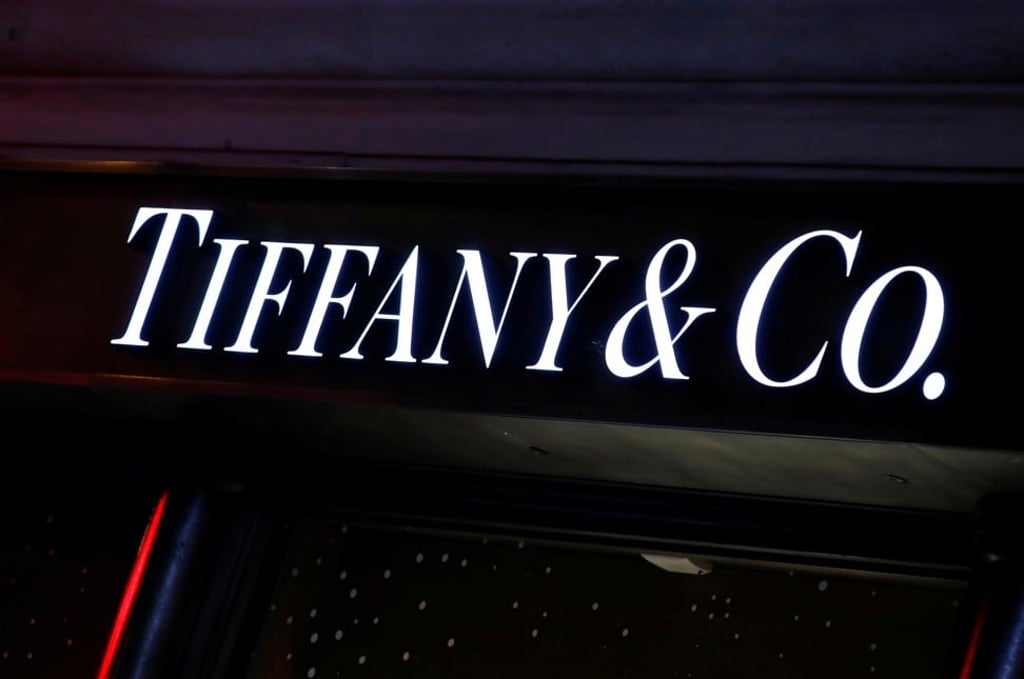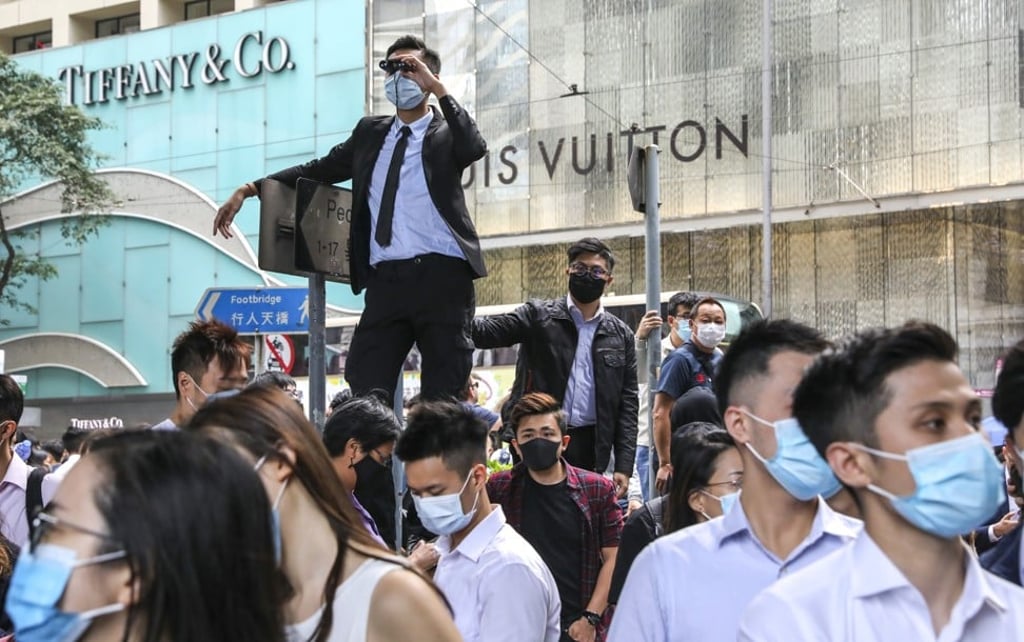Finally, LVMH buys Tiffany: French luxury giant pays US$16.2 billion for iconic American jewellery label

Alessandro Bogliolo, CEO of 182-year-old American jewellery label, says customers ‘care about your product – about your brand, about sustainability, about the beauty of your products’
Tiffany & Co.’s CEO Alessandro Bogliolo, was asked recently if there were any parties interested in acquiring the jeweller, in reference to reports that the company was engaged in talks to be bought by French luxury group LVMH.
“We have a lot of parties at Tiffany,” he joked. It’s the holiday season, after all.
Now news has broken: LVMH has indeed bought Tiffany & Co., for the considerable price of US$16.2 billion. At Bloomberg’s annual “The Year Ahead: Luxury” summit on Thursday, Bogliolo provided a look into several sources of pressure affecting Tiffany as the 182-year-old jewellery label contends with fickle young shoppers, fluctuating tourist flows and disruptions in key markets. Even as investors remained fixated on the Tiffany takeover, Bogliolo said the brand’s customers are focused elsewhere.

“The financial arrangements?” said Bogliolo. “Customers, they don’t care about your shareholders. Customers care about your product – about your brand, about sustainability, about the beauty of your products. This is what really makes success.”
When I was young, it was important to buy a famous brand and a beautiful product. Millennials have much more questions. They want to know why Tiffany is famous, what do they stand for, and why should I go to them
Tiffany has cited dramatically lower spending by foreign tourists in recent quarters, with Chinese travellers choosing to spend at home, rather than abroad, amid a government push to repatriate purchases. Bogliolo said that essentially every luxury brand’s sales in China are growing. It’s no different for Tiffany, but the company has been slow to divert resources to a market its competitors entered a decade ago.
Last year, Bogliolo began ramping up investment in China, starting its own e-commerce website, and the jeweller is making final preparations to throw open the doors to a revamped Shanghai flagship this winter. With fewer tourists shopping in the United States, the company has moved some of its priciest items to its shops in China so that customers will buy them there, rather than wait for an overseas holiday to make a big purchase.

Hong Kong has posed a persistent problem for Tiffany, as ongoing protests continue to disrupt operations. “It used to be a shopping paradise for many tourists from mainland China,” said Bogliolo. “For obvious reasons, they’re not going there any more.”

As for those shoppers back in the US – the ones who don’t care that Tiffany is being acquired by a European conglomerate – Bogliolo said their habits are changing; his jeweller must figure out how to win over younger shoppers who regard brands differently than previous generations did at their age. These days, shoppers ask more questions, and Tiffany needs to make sure it has answers.